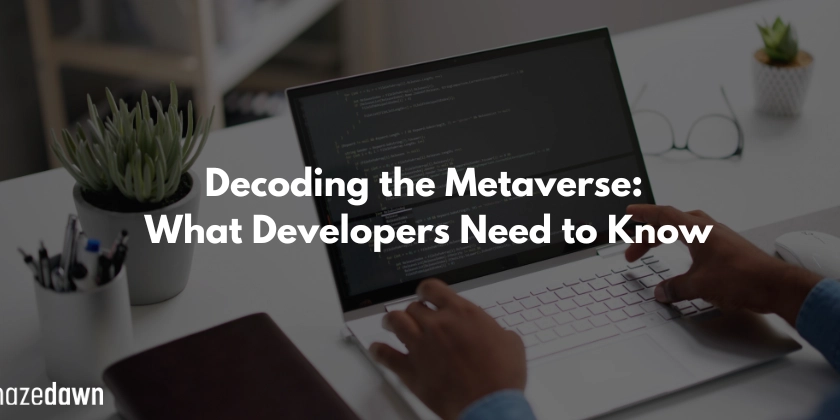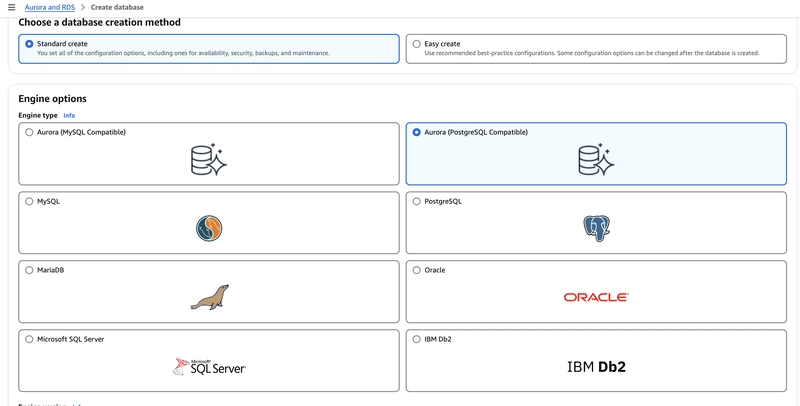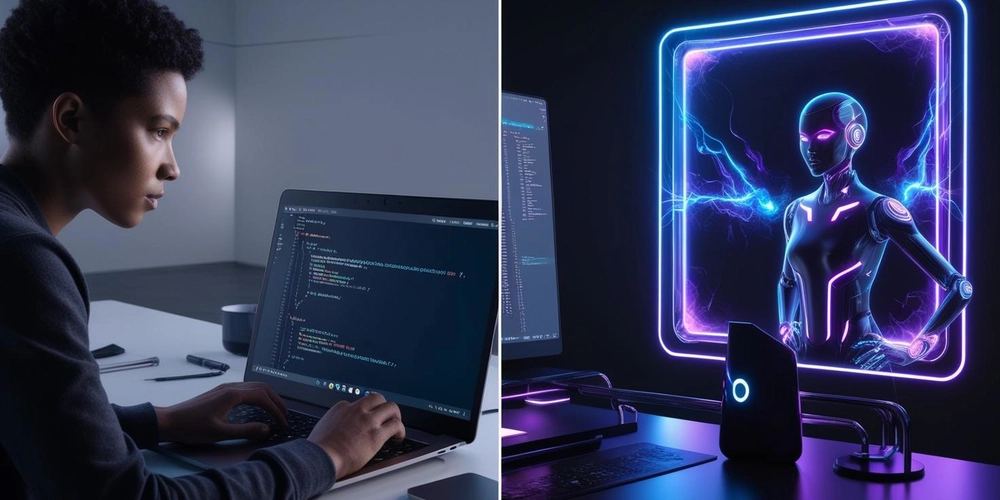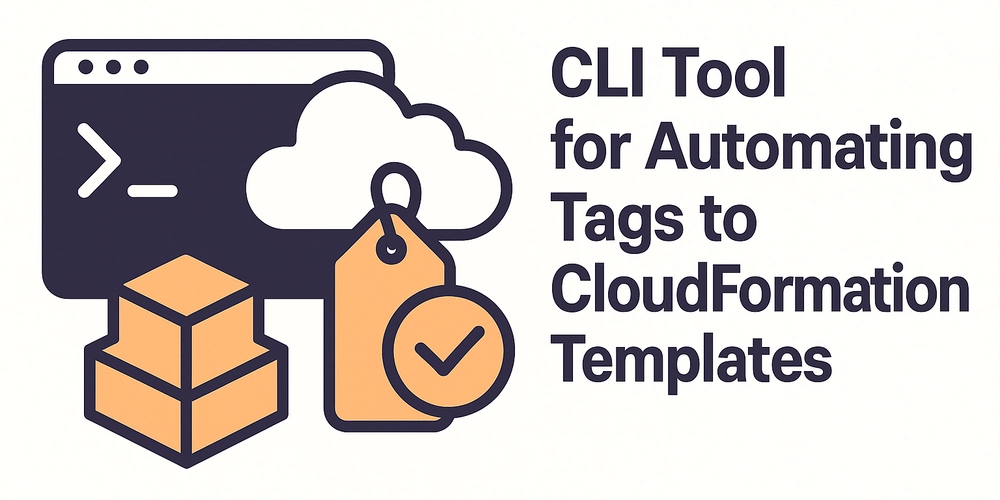# Decoding the Metaverse: What Developers Need to Know
The metaverse has been a buzzword in tech for years, but what does it mean for developers? Whether you’re building immersive virtual worlds, creating interactive experiences, or integrating blockchain technologies, understanding the metaverse is crucial. In this guide, we’ll explore the essential tools, platforms, and opportunities for developers in the metaverse. What is the Metaverse? The metaverse is a collective virtual space where users can interact with digital environments, other users, and AI-driven entities. It is powered by technologies like virtual reality (VR), augmented reality (AR), blockchain, and artificial intelligence (AI). Some of the key platforms leading the charge include: Meta’s Horizon Worlds – Social and professional VR experiences Decentraland – Blockchain-powered virtual land ownership The Sandbox – User-generated virtual worlds with NFT integration Roblox – A massive multiplayer online platform with a strong developer ecosystem Unreal Engine / Unity – Leading engines for immersive experiences Essential Tools for Metaverse Development Building the metaverse requires expertise in multiple technologies. Here are some of the most important tools: 1. Game Engines Unity: Popular for AR/VR experiences, supports C# Unreal Engine: Advanced graphics and physics, uses Blueprints & C++ 2. Web3 & Blockchain Ethereum & Solidity: For smart contracts and NFTs Polygon & Flow: Scalable blockchain solutions for gaming and metaverse applications IPFS: Decentralized storage for digital assets 3. VR & AR Development WebXR API: Enables web-based VR/AR applications ARKit & ARCore: Apple and Google’s AR development kits Oculus SDK: Tools for creating Meta’s VR experiences 4. Networking & AI Photon & Mirror: Multiplayer networking solutions for real-time interaction OpenAI & DeepSpeech: AI-driven interactions within virtual worlds Sample Code: Creating a Simple WebXR Scene Here’s a basic example of setting up a WebXR experience using Three.js: const scene = new THREE.Scene(); const camera = new THREE.PerspectiveCamera(75, window.innerWidth / window.innerHeight, 0.1, 1000); const renderer = new THREE.WebGLRenderer(); renderer.setSize(window.innerWidth, window.innerHeight); document.body.appendChild(renderer.domElement); const geometry = new THREE.BoxGeometry(); const material = new THREE.MeshBasicMaterial({ color: 0x00ff00 }); const cube = new THREE.Mesh(geometry, material); scene.add(cube); camera.position.z = 5; function animate() { requestAnimationFrame(animate); cube.rotation.x += 0.01; cube.rotation.y += 0.01; renderer.render(scene, camera); } animate(); This simple scene creates a rotating cube, demonstrating how developers can start experimenting with WebXR. Opportunities in the Metaverse For developers, the metaverse offers a range of exciting career and business opportunities: Game Development – Create immersive VR/AR experiences. Blockchain Integration – Build NFT marketplaces and smart contracts. AI-driven Worlds – Enhance metaverse interactions with AI chatbots and NPCs. Virtual Real Estate – Develop and sell virtual land and spaces. Cross-Platform Experiences – Connect mobile, web, and VR applications. Final Thoughts The metaverse is still evolving, but developers have an incredible opportunity to shape its future. Whether you’re a game developer, blockchain expert, or AI engineer, now is the time to dive into metaverse development. Are you working on a metaverse project? Share your thoughts in the comments!

The metaverse has been a buzzword in tech for years, but what does it mean for developers? Whether you’re building immersive virtual worlds, creating interactive experiences, or integrating blockchain technologies, understanding the metaverse is crucial. In this guide, we’ll explore the essential tools, platforms, and opportunities for developers in the metaverse.
What is the Metaverse?
The metaverse is a collective virtual space where users can interact with digital environments, other users, and AI-driven entities. It is powered by technologies like virtual reality (VR), augmented reality (AR), blockchain, and artificial intelligence (AI). Some of the key platforms leading the charge include:
- Meta’s Horizon Worlds – Social and professional VR experiences
- Decentraland – Blockchain-powered virtual land ownership
- The Sandbox – User-generated virtual worlds with NFT integration
- Roblox – A massive multiplayer online platform with a strong developer ecosystem
- Unreal Engine / Unity – Leading engines for immersive experiences
Essential Tools for Metaverse Development
Building the metaverse requires expertise in multiple technologies. Here are some of the most important tools:
1. Game Engines
- Unity: Popular for AR/VR experiences, supports C#
- Unreal Engine: Advanced graphics and physics, uses Blueprints & C++
2. Web3 & Blockchain
- Ethereum & Solidity: For smart contracts and NFTs
- Polygon & Flow: Scalable blockchain solutions for gaming and metaverse applications
- IPFS: Decentralized storage for digital assets
3. VR & AR Development
- WebXR API: Enables web-based VR/AR applications
- ARKit & ARCore: Apple and Google’s AR development kits
- Oculus SDK: Tools for creating Meta’s VR experiences
4. Networking & AI
- Photon & Mirror: Multiplayer networking solutions for real-time interaction
- OpenAI & DeepSpeech: AI-driven interactions within virtual worlds
Sample Code: Creating a Simple WebXR Scene
Here’s a basic example of setting up a WebXR experience using Three.js:
This simple scene creates a rotating cube, demonstrating how developers can start experimenting with WebXR.
Opportunities in the Metaverse
For developers, the metaverse offers a range of exciting career and business opportunities:
- Game Development – Create immersive VR/AR experiences.
- Blockchain Integration – Build NFT marketplaces and smart contracts.
- AI-driven Worlds – Enhance metaverse interactions with AI chatbots and NPCs.
- Virtual Real Estate – Develop and sell virtual land and spaces.
- Cross-Platform Experiences – Connect mobile, web, and VR applications.
Final Thoughts
The metaverse is still evolving, but developers have an incredible opportunity to shape its future. Whether you’re a game developer, blockchain expert, or AI engineer, now is the time to dive into metaverse development.
Are you working on a metaverse project? Share your thoughts in the comments!









































































































































































![[The AI Show Episode 142]: ChatGPT’s New Image Generator, Studio Ghibli Craze and Backlash, Gemini 2.5, OpenAI Academy, 4o Updates, Vibe Marketing & xAI Acquires X](https://www.marketingaiinstitute.com/hubfs/ep%20142%20cover.png)



























































































































![[FREE EBOOKS] The Kubernetes Bible, The Ultimate Linux Shell Scripting Guide & Four More Best Selling Titles](https://www.javacodegeeks.com/wp-content/uploads/2012/12/jcg-logo.jpg)



![From drop-out to software architect with Jason Lengstorf [Podcast #167]](https://cdn.hashnode.com/res/hashnode/image/upload/v1743796461357/f3d19cd7-e6f5-4d7c-8bfc-eb974bc8da68.png?#)






































































































.png?#)




.jpg?#)
































_Christophe_Coat_Alamy.jpg?#)








































































































![Rapidus in Talks With Apple as It Accelerates Toward 2nm Chip Production [Report]](https://www.iclarified.com/images/news/96937/96937/96937-640.jpg)








































































































































